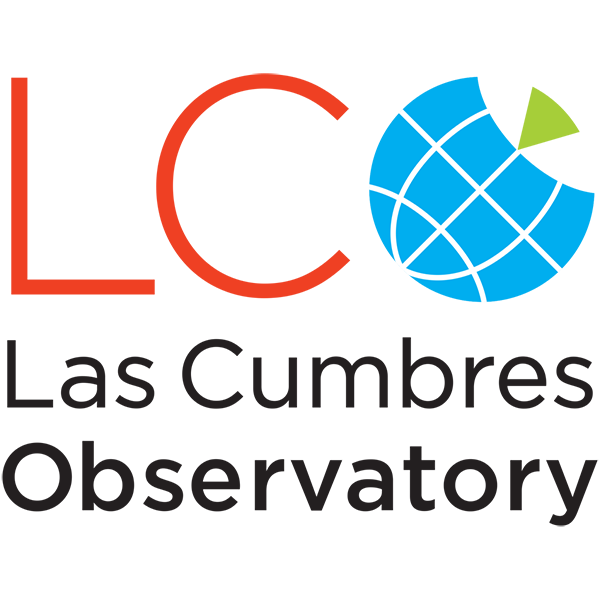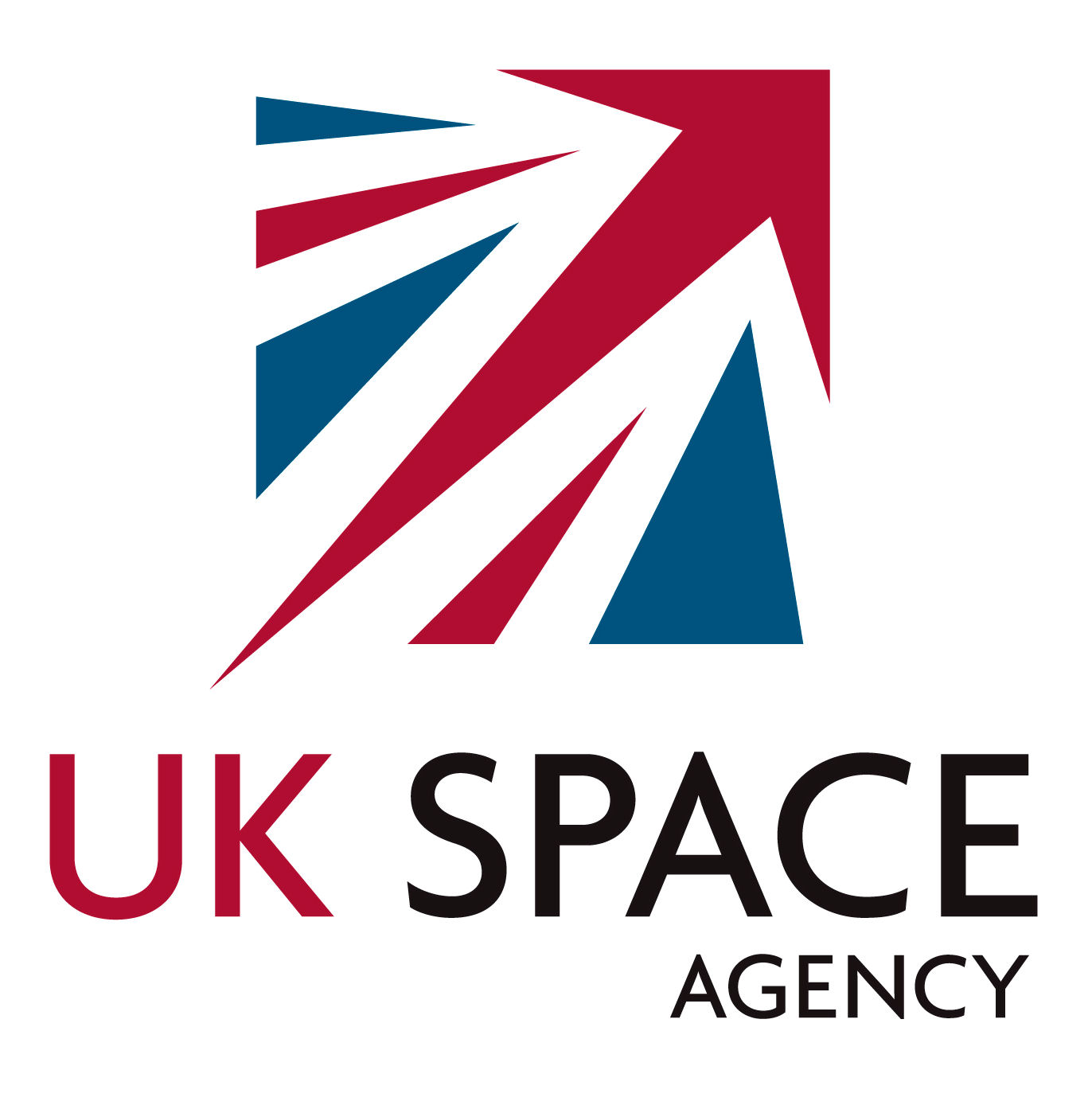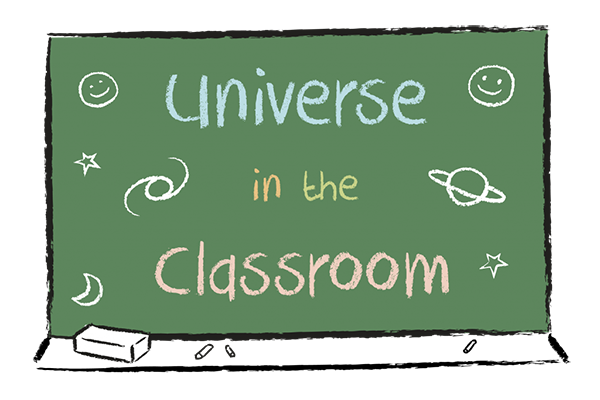You can detect particles from space!
QuarkNet Cymru is an outreach project directed toward GCSE and A-level physics students, and run jointly by scientists at Cardiff University and Swansea University . The project involves several hands-on laboratory activities with various types of instruments for detecting cosmic rays. The equipment is available for loan to schools with a need for A level particle physics laboratory equipment and school presentations are offered to students from KS3-KS5.
Students will also have access to data from the research-grade HiSPARC muon detectors, which are located on the roofs of the physics departments of Cardiff and (from mid-December 2017) Swansea. These facilities are part of a European research progamme (HiSPARC) based in Amsterdam, and QuarkNet Cymru adds Wales to this exciting project, joining several UK universities (Bristol, Birmingham, Bath, Sessex, Exeter).
Cosmic rays are high energy particles traveling through space. They are thought to arise from events such as stellar collisions and supernova explosions – so allow us to study some of the most energetic events in the Universe. When a cosmic ray encounters the Earth’s atmosphere, it creates a cascade of secondary particles which spread out as they travel to the surface. The higher the energy of the original cosmic ray, the larger the cascade of particles when it reaches the surface.
If we use detectors sensitive to some of these secondary particles (in this case, muons), we can find out information about the original cosmic ray such as its energy and its approximate origin point. Hundreds of instruments are currently in use all over the world, and thousands of students learn about topics such as space, astrophysics, particle physics, the atmosphere, and the sun, by doing projects involving hands-on experiments.
Staff and students at Cardiff University and Swansea University are currently working on preparing lesson plans and teacher materials, and a school outreach programme will formally start in January 2018.
Requests for school presentations, teacher workshops, loaned equipment, or further information would be most welcome.











